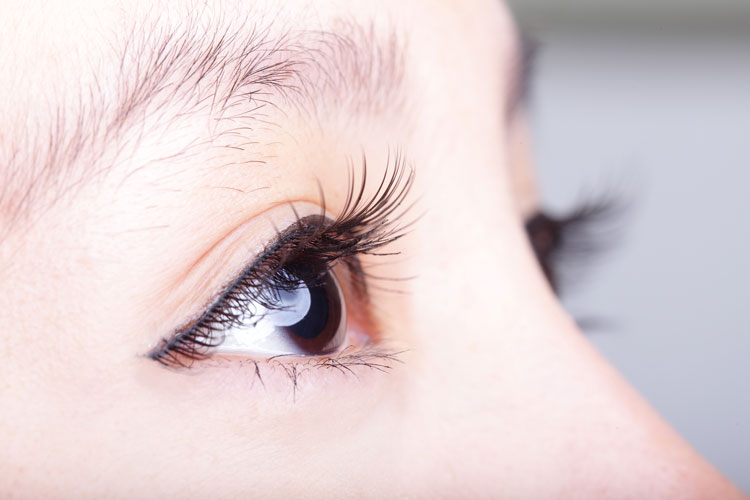PRE-OPERATIVE INSTRUCTIONS FOR CATARACT SURGERY
- You will need someone to drive you back home from the hospital on the day of surgery.
- You will need to see the anaesthetist for a physical examination and some laboratory tests prior to surgery.
- You will be given a brochure called “Instructions before your surgery” explaining all the do’s and don’ts you must know.

POST-OPERATIVE CARE INSTRUCTIONS
- For the first week, protect your operated eye:
- Wear your old glasses or sunglasses at all times to prevent accidental injury;
- Do not rub your eyes;
- Wear the hard eye shield over operated eye when sleeping;
- Do not lift more than 10 kg;
- Do not bend over at the waist to the ground;
- Do not immerse the operated eye in water. Close your eye or wear the eye shield in the shower;
- Avoid getting dust, smoke or debris in your eye;
- Do not drive until permitted by your doctor;
- Resume all your regular medications and usual diet;
- It is normal for the operated eye to have mild redness, tearing and mild irritation. If you have crusting of the eyelashes, you may gently wipe them with sterile gauze moistened with normal saline (Sodium Chloride 0.9%) eye drops.
POST-OPERATIVE MEDICATIONS:
- Use eye medicines EXACTLY as instructed on your prescription.
- Instilling medicines in the eye:
- Always instil drops before ointment;
- Close the eye for 30 to 60 seconds after each drop to let the drops absorb;
- Leave a gap of 5 minutes between two medications;
- Do not rub your eyes after putting in the drops. Instead, gently blot the eye area with a tissue to reduce contact of the eye drop with the sensitive skin around your eyes;
- Make sure that the right drops are being used for the right number of times.
In case of increasing eye pain, redness or worsening vision, DO NOT ignore it and contact your ophthalmologist at FV Hospital.



